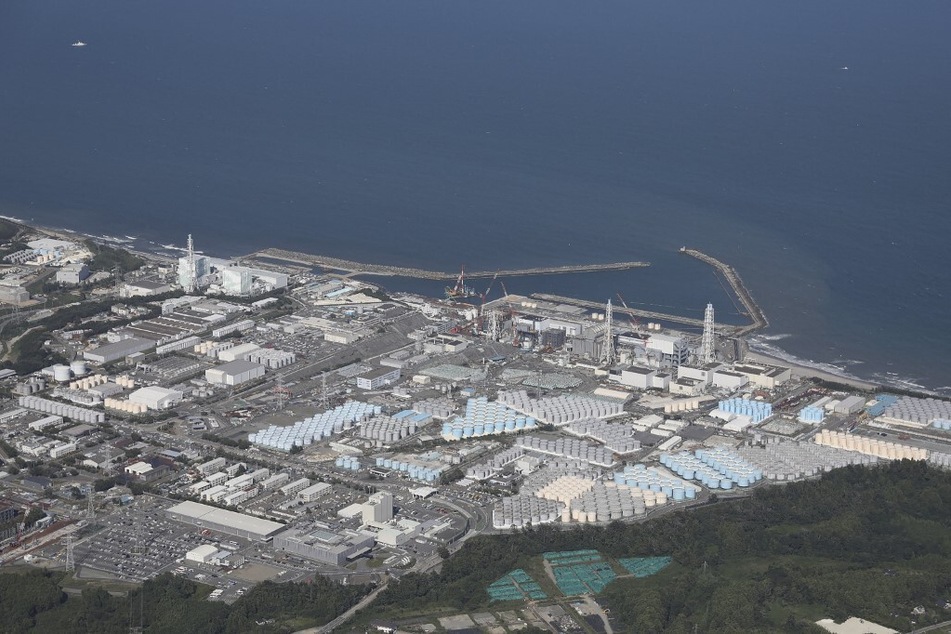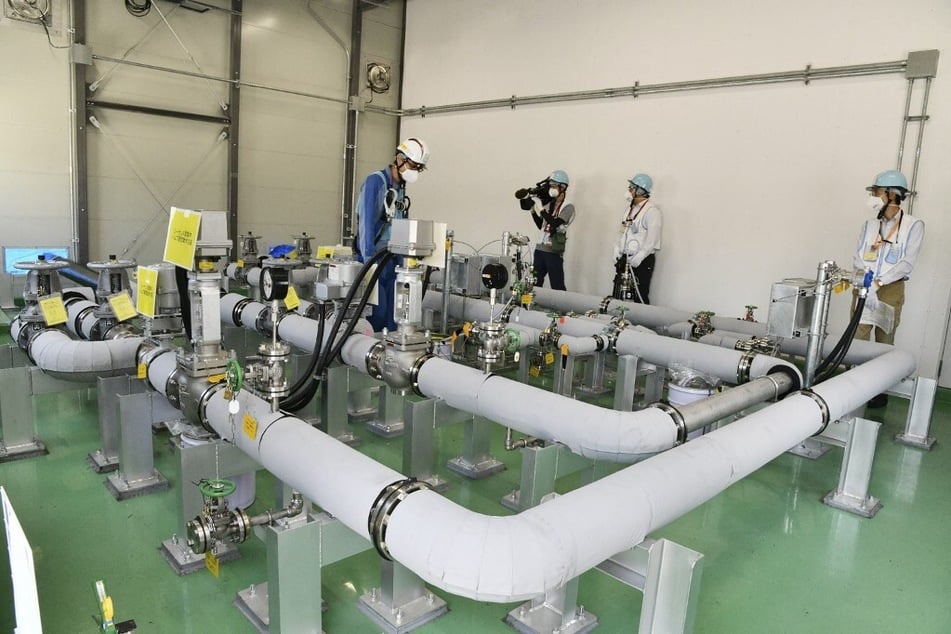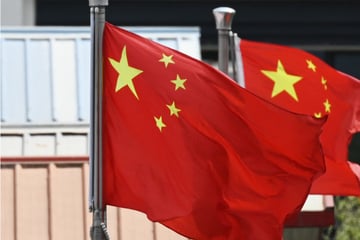Fukushima nuclear wastewater release suspended amid partial power outage
Fukushima, Japan - The release of wastewater into the ocean from Japan's wrecked Fukushima nuclear plant was suspended on Wednesday as a partial power outage affected the site, operator TEPCO said.

The Tokyo Electric Power Company (TEPCO) said in a statement that the system to cool reactors remained operational and "no meaningful change" had been detected at plant facilities that monitor radioactivity.
In 2011, the Fukushima-Daiichi plant on Japan's northeastern coast went into meltdown after a huge earthquake and tsunami that killed 18,000 people. It was one of the worst nuclear disasters in history.
"At around 10:43 AM, electricity source line A stopped," Wednesday's TEPCO statement said without giving details.
The release of nuclear contaminated water treated through a filtration process called ALPS also stopped at the same time, it said.
TEPCO added that a worker had been injured during an excavation operation.
"We are trying to figure out other details... there seems to be a link between this electricity loss and suspension of the ALPS operation," a TEPCO spokesperson told AFP.
"We are trying to figure out" a potential link between the injury and the electricity loss, he said.
The worker was conscious and not contaminated, but was seen by an on-site doctor and an ambulance was called.
Fukushima wastewater release raises grave environmental concerns

Last year, Japan began releasing contaminated wastewater from the plant into the Pacific Ocean.
The facility was running out of space to build more water tanks, and TEPCO needed to clear the area for the much more hazardous task of removing radioactive fuel and rubble from three stricken reactors.
Japan argues that the water being released gradually over decades is harmless and heavily diluted with seawater.
The International Atomic Energy Agency (IAEA) and many leading economies have endorsed the release, but many scientists and impacted communities disagree.
China, later joined by Russia, banned all Japanese seafood imports, saying that Japan was polluting the environment.
Alaska Natives, Hawaiian nationals, and Pacific Island nations have also sounded the alarm over the potentially devastating environmental consequences the wastewater could have on their communities, already left vulnerable by generations of colonial exploitation.
IAEA officials and international experts are currently in Japan to review "the safety and regulatory aspects of the discharge" from April 23-26.
Cover photo: STR / JIJI PRESS / AFP

